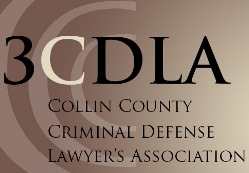A grand jury is a group of people called together by the prosecutor to gather information about suspected criminal activity by listening to testimony from witnesses and examining documents and other evidence. At the end of the proceeding, the grand jury decides whether there is enough evidence to put the defendant on trial for the drug charges. Grand juries are more likely to be convened in connection with more serious and complicated drug crimes, like conducting a drug-related criminal enterprise.
Every felony charge in Texas must be presented to a Grand Jury. While I can present written or testimonial evidence, your attorney does not have a right to be present. These are sealed proceedings. The sole job of the Grand Jury is to investigate and to decide whether there was “Probable Cause” to make an arrest.
If the Grand Jury indicts you, the case will be assigned to the district court and plea negotiations and discovery processes will begin.









